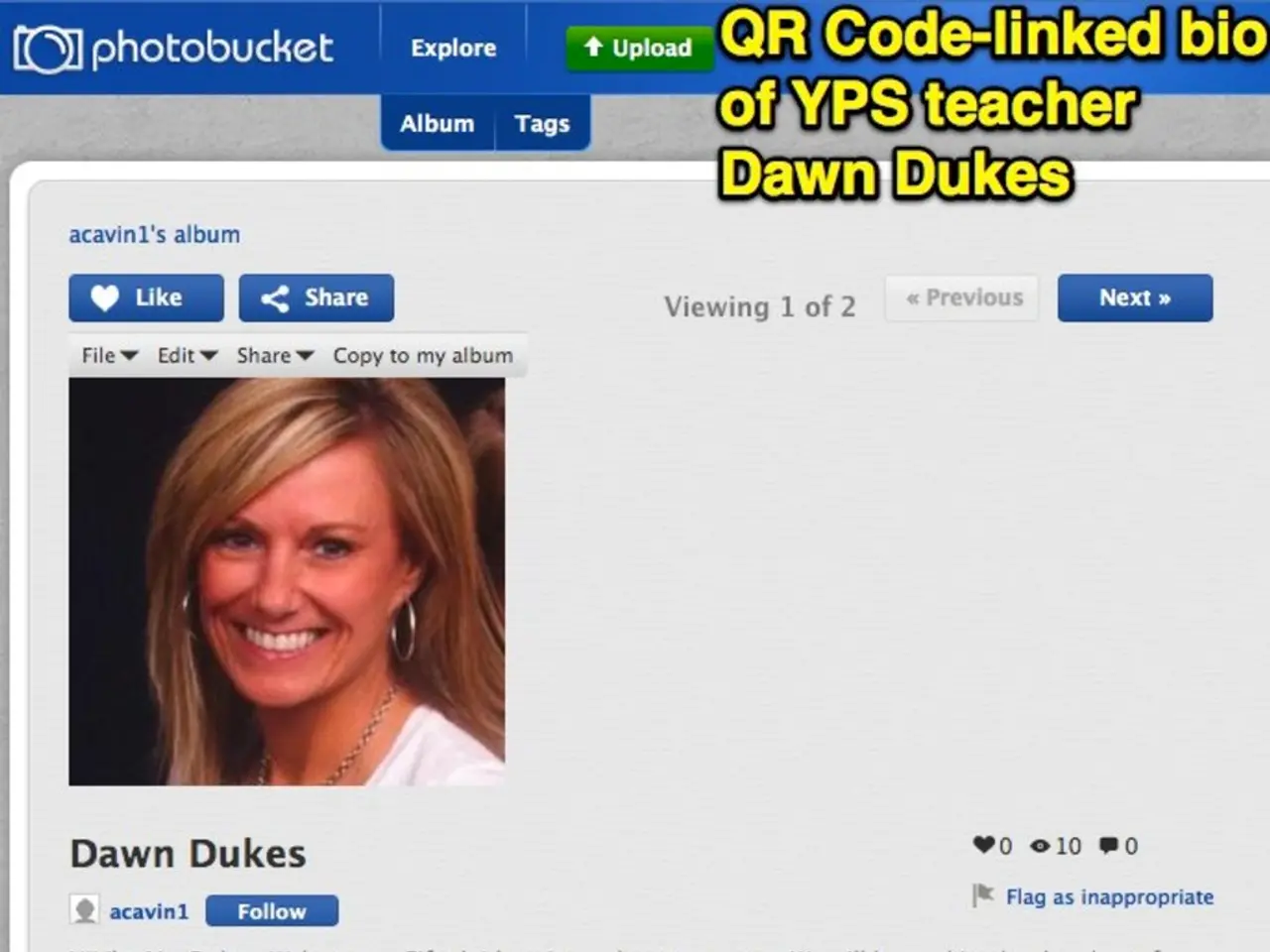The Impact of Social Media on the Post-Political Careers of Past Leaders
In the digital age, social media has become an essential tool for former political leaders looking to maintain their influence, connect with their audience, and contribute positively to public discourse. Here are some guidelines for former political leaders to effectively use social media platforms while navigating potential challenges.
**Maintaining Authenticity**
Former leaders should strive for transparency and consistency in their social media presence. Sharing personal experiences and views can help humanize their public persona, as demonstrated by Jacinda Ardern's use of Instagram to connect with voters. Posting content that aligns with their values and past political stances is crucial for maintaining credibility.
**Engaging and Interacting**
Engaging with followers is key to building a sense of community. Live Q&A sessions, direct engagement, and responding to follower inquiries can foster dialogue and demonstrate responsiveness to public opinion. Listening to feedback and adjusting messaging accordingly is also important.
**Managing Reputation**
Regularly reviewing posts and being prepared to address controversies or misinformation quickly and effectively is essential. Monitoring content can help ensure that posts do not harm their reputation or that of their allies.
**Leveraging Social Media for Positive Impact**
Using social media to advocate for causes they support and serve as a resource for their followers can help former leaders drive positive change. Sharing informative content on important issues can also strengthen their position as thought leaders.
**Setting Boundaries**
Steering clear of highly divisive or inflammatory topics, maintaining a professional tone, and avoiding posting sensitive information are important for keeping engagement respectful and constructive.
**Staying Updated**
Staying informed about current events and keeping abreast of social media trends can help former leaders provide relevant commentary and show engagement with ongoing issues.
By following these practices, former political leaders can effectively use social media to maintain their influence, stay connected with their audience, and contribute positively to public discourse.
Former leaders should avoid using social media to attack their opponents, promote their agenda, or share anything construed as confidential or sensitive information. Anything posted on social media is permanent, so former political leaders should ensure that they are comfortable with whatever it is they are sharing before hitting "post" or "send."
Before posting anything on social media, former political leaders should think before they speak (or type). Building strong networks is critical after leaving office, as it opens opportunities in various sectors and helps maintain influence. Seeking out diverse perspectives on social media can also help broaden one's understanding of various issues.
Social media has become increasingly important in politics, allowing leaders to communicate with constituents, mobilize supporters, and shape public opinion. Former political leaders who use social media should consider providing updates and sharing insights on current affairs, humanizing themselves, promoting their causes and advocacies, building relationships with influencers, and being selective with what they share.
Former leaders can create nonprofits or programs aligned with their values to continue their impact beyond public office. Strategic alliances with corporations or NGOs can amplify impact, expand reach, and provide platforms for initiatives aligned with a former leader's legacy.
In conclusion, social media plays an essential role for former political leaders in shaping their legacy and continuing their impact beyond public office. By adopting best practices and being mindful of potential challenges, former leaders can effectively use social media to maintain their influence, stay connected with their audience, and contribute positively to public discourse.
[1] https://www.theguardian.com/world/2020/may/04/jacinda-ardern-instagram-covid-19-new-zealand-coronavirus
- To build a positive reputation, former political leaders should maintain transparency and consistency across their social media platforms, sharing personal experiences and views that align with their values and past political stances, as demonstrated by Jacinda Ardern on Instagram.
- Engaging with followers and responding to their inquiries can foster dialogue and demonstrate responsiveness to public opinion, contributing to the formation of a sense of community.
- Regularly monitoring social media platforms for controversies or misinformation is essential for addressing them quickly and effectively, ensuring that the former leaders' reputation and that of their allies remain unaffected.
- Former political leaders can leverage social media to drive positive change by advocating for their causes, serving as informative resources for their followers, and positioning themselves as thought leaders in various fields.
- To maintain a constructive and respectful engagement, former leaders should steer clear of divisive or inflammatory topics, maintain a professional tone, and avoid sharing sensitive information.
- Staying updated on current events and social media trends is crucial for providing relevant commentary, engaging with ongoing issues, and showcasing a commitment to various sectors.




